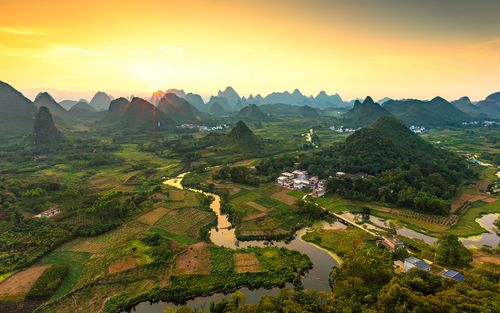As our world continues to rapidly evolve, norms and traditions around the world have been challenged, and many have undergone significant changes. Cultural traditions that once seemed steadfast are now being reexamined and altered in response to shifting attitudes and values.
But with these changes come important questions for individuals, communities, and societies as a whole. What does it mean to change a cultural tradition? What are the impacts of these changes? And how can we maintain important cultural practices while also embracing the need for progress and evolution?
One of the most important questions that arises when traditions evolve is how to balance the desire to preserve cultural heritage with the need to embrace new ideas and perspectives. For many people, cultural traditions are a vital part of their identity and connection to their communities. But when these same traditions conflict with modern values, it can be challenging to find a way forward.
Another key question is how to approach the process of change itself. How should decisions be made about what aspects of a tradition to keep, and what to modify or discard? Is it important to involve all members of a community in the decision-making process, or is it more practical to rely on a select few to make those decisions? These are complex issues that require careful consideration and discussion.
Still, another question that arises when traditions evolve is how to handle the potential backlash from those who resist change. When cultural traditions are altered, critics may view this as a loss of cultural heritage and an erosion of traditional values. It’s important to understand and address these concerns, but also to remain committed to making changes that reflect our modern realities.
Examples from around the globe offer insights into how communities have dealt with these challenges. In Japan, for instance, traditional cultural practices like the tea ceremony have been reimagined to appeal to younger generations. In South Korea, changes to traditional cuisine have been met with resistance from those who feel that changing the recipes is a betrayal of their heritage.
In all cases, nearing the process of changing traditions with an open mind and an appreciation for the complexities of cultural values and norms is key. Recognizing that traditions are not static, but rather fluid, living entities that evolve over time can allow us to embrace change while still preserving our cultural legacies.
In conclusion, exploring changing cultural traditions is an important and complex topic that carries a lot of weight. As our world changes, we will face difficult decisions about how to preserve, modify, or discard traditions. However, by engaging in thoughtful and empathetic conversation, we can find a path forward that allows us to embrace progress and change while still celebrating our rich cultural heritage.
(Note: Do you have knowledge or insights to share? Unlock new opportunities and expand your reach by joining our authors team. Click Registration to join us and share your expertise with our readers.)
